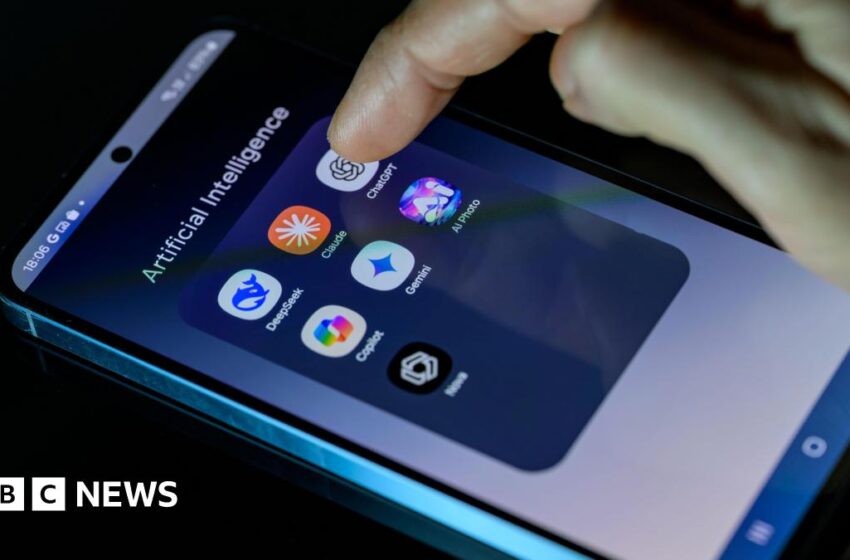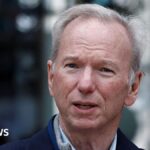No products in the cart.

[ad_1]
On Tuesday it is the turn of world leaders including French president Emmanuel Macron, India’s PM Narendra Modi and US Vice President JD Vance to hold talks at the summit.
Discussions will include how AI will impact the world of work and be used in the public interest, and how to mitigate its risks.
A new $400m partnership between several countries has also been announced, aimed at supporting AI initiatives which serve the public interest, such as healthcare.
In a BBC interview, UK technology secretary Peter Kyle said he thought it would be dangerous for the UK to fall behind in its adoption of the tech.
Dr Laura Gilbert, who advises the government on AI, said she believed it was essential to maintain the NHS because of the efficiencies it promised. “How are you going to fund the NHS without grabbing AI?” she asked.
Matt Clifford, who wrote the UK’s AI Action Plan which the government has accepted in full, warned that the tech would be “more radical” than when typing was replaced with word processing, as computers first entered the workplace.
“The industrial revolution was the automation of physical labour; AI is the automation of cognitive labour,” said Marc Warner, the boss of the AI firm Faculty. He added that he did not believe his two-year-old child would “have a job as we know them today.”
[ad_2]
Source link















